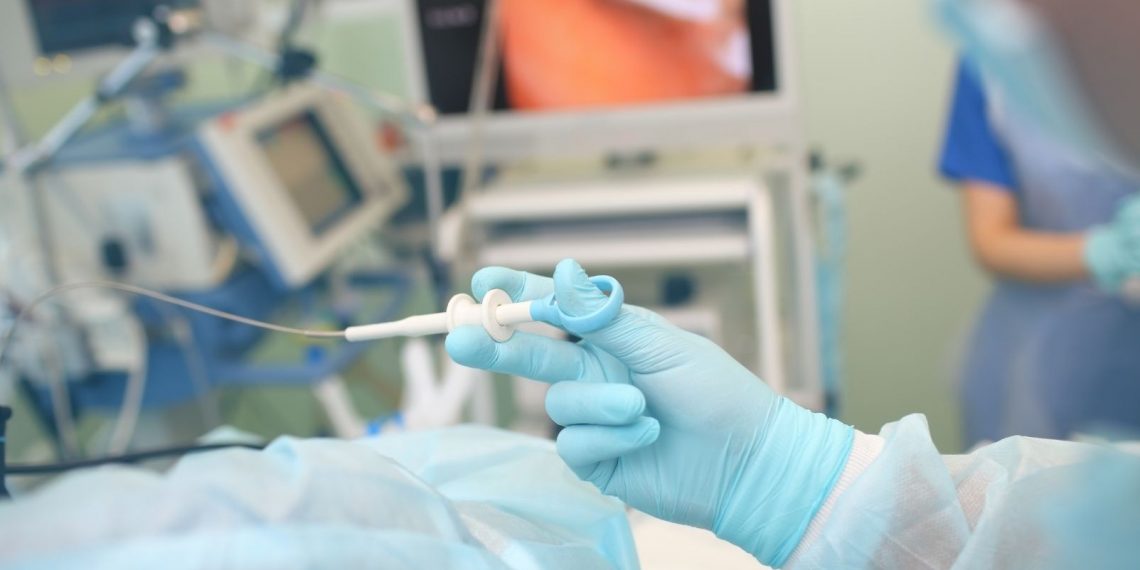Developing an advanced Artificial Intelligence (AI) system to support physicians in characterising gastric lesions during endoscopic examinations – this is the goal of the EndoRadiomics project, featuring INESC TEC and IPO Porto.
The EndoRadiomics project – A Radiomics Approach to Gastric Lesion Characterisation in Endoscopic Images – uses a radiomics-based system that involves the automatic extraction of biomarkers from medical images. The goal is to reduce the need for invasive tissue collection, enabling faster and more effective diagnoses of gastric cancer. This additional clinical decision-support tool will help gastroenterologists make diagnoses while reducing the number of unnecessary biopsies, contributing to a more sustainable practice and more efficient resource management within hospitals.
“Although AI and radiomics applications already exist in other areas, like lung and breast oncology, their specific use in upper gastrointestinal endoscopy is virtually non-existent,” said Miguel Coimbra, from INESC TEC’s bioengineering domain. According to him, the innovative aspect of this project “lies precisely in exploring this under-researched area by combining real endoscopic data with biopsy results to train intelligent systems that can act as mediators between visual examination and tissue collection.”
These new radiomics and AI algorithms, specifically designed for the context of gastric endoscopy, will be implemented in an interactive prototype, which will initially be installed and tested at IPO Porto, due to their experience in treating gastric cancer. In the long term, and depending on results, the objective is extending the tool’s use to other hospital units.
The project runs until January 2026 and is funded with approximately €125K under the Business Innovation Agendas of the Recovery and Resilience Plan (PRR).
The researcher mentioned in this news piece is associated with INESC TEC and UP-FCUP.


 News, current topics, curiosities and so much more about INESC TEC and its community!
News, current topics, curiosities and so much more about INESC TEC and its community!